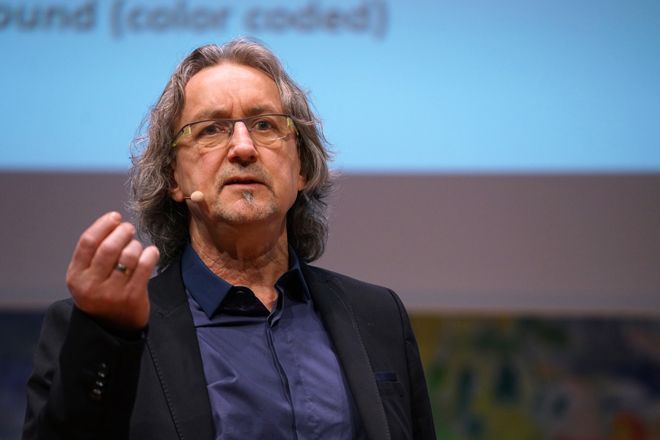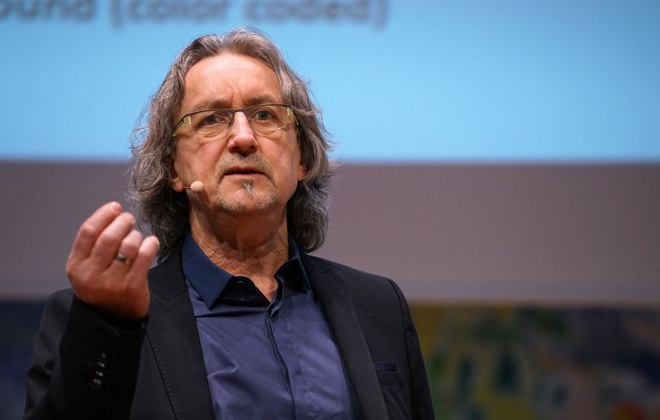Norwegian invention to fight antibiotic resistance

A new Norwegian technology may help stop the increase of antibiotic multi-resistance.
Antibiotic resistance is growing, and the world is running out of treatment options. In 2020, approximately 700 000 people will die from antibiotic-resistant infections. By 2050, as many as 10 million deaths are forecast.
Increasing numbers of cancer patients also develop resistance to multiple antibiotics, which potentially leads to life-threatening conditions. The World Health Organization (WHO) writes that: “Without effective antibiotics, the success of major surgery and cancer chemotherapy would be compromised.”
A Norwegian solution for global challenge
New Norwegian technology from the start-up Adjutec Pharma may help to stop increasing antibiotic resistance. The technology, known as ZinChel, was first developed in collaboration between the University of Tromsø (UiT) and the research group SYNFAS at the University of Oslo (UiO).
ZinChel has shown promising effects against a group of multi-resistant bacteria, which are increasingly widespread in many regions of the world, including Europe.
The bacteria, known as gram-negative, are equipped with a type of enzyme called “metallo-beta-lactamase”, which renders modern carbapenem antibiotics useless. These bacteria are on the World Health Organization’s list of the 12 most dangerous bacteria in the world, causing severe and often deadly infections.
Pål Rongved is a Professor at the University of Oslo with a PhD in chemistry. He is one of the inventors behind ZinChel and the founder and CEO of the start-up company Adjutec Pharma AS.
“Adjutec Pharma AS has a strong momentum to develop the technology further together with our Norwegian partners and private investors. If we do this correctly, the results of this project can provide patients with vital treatment in the future and contribute to the establishment of a health industry that provides new jobs. We have an ethical and moral responsibility to bring the technology to market and patients as quickly as possible. There is no time to lose and we are on track”.
Creating value for patients and industry
The technology is not yet available to treat patients, because it is still in pre-clinical development. This means that it will need to be further tested on animals and humans to assess its safety and efficacy.
Adjutec Pharma has recently secured exclusive rights to the patents for the ZinChel technology and will raise more money to accelerate development of the drugs in collaboration with researchers at University of Oslo.
Adjutec Pharma has received $3 million in grants, including support from the Norwegian Research Council and Novo Nordisk. The company will raise $20 million in investments to reach Phase II clinical trials, including public and private funding.
Adjutec Pharma receives start-up services from Oslo Cancer Cluster (OCC) Incubator, who are partly financed by SIVA, a governmental enterprise facilitating a national infrastructure for innovation.

Bjørn Klem, general manager of Oslo Cancer Cluster Incubator, has provided important help in the establishment of Adjutec Pharma. Photo: Stig Jarnes
Bjørn Klem, general manager of OCC Incubator, said:
“OCC Incubator provided help and advice to the founders when establishing Adjutec Pharma, including finding competent people for the board. The OCC Incubator has negotiated the licensing agreement with the University of Oslo, which gives the company exclusive rights to commercialise the inventors’ patents. We also help the company with the development of a business strategy and financing through public funding programmes and private investors.”






 OCC
OCC